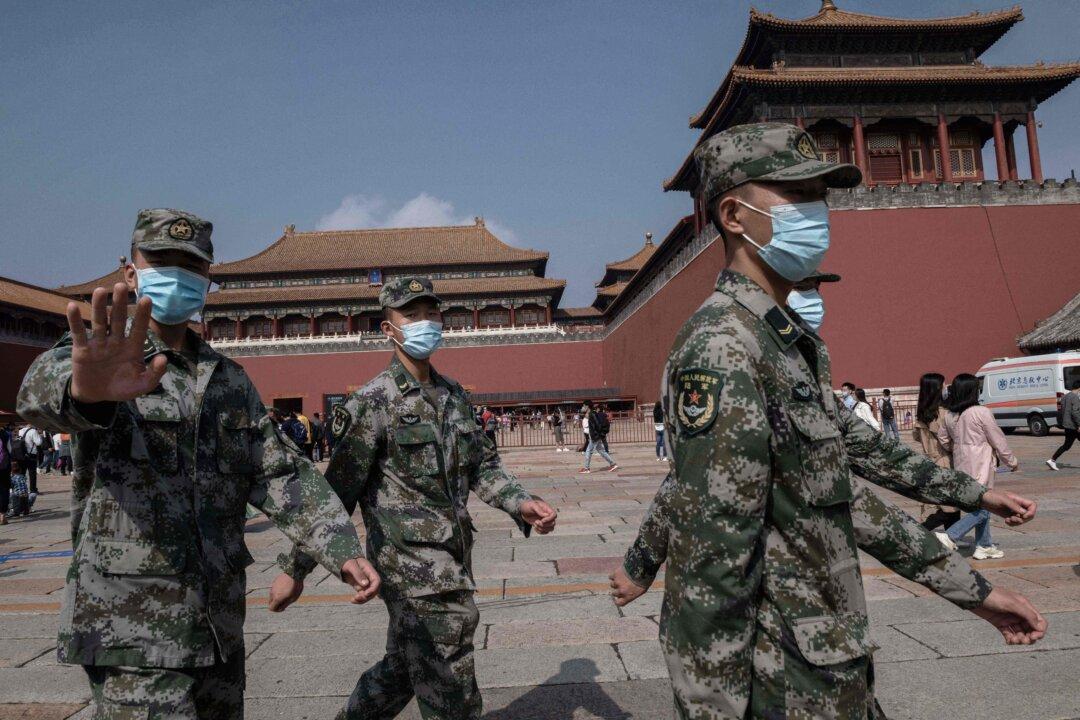China’s communist regime is reportedly preparing to establish a spy base in Cuba while the United States seeks to send drones and real-time intelligence to Taiwan. One U.S. lawmaker has described the situation as a “new Cold War.”
The Chinese Communist Party (CCP), which rules China as a single-party state, has reached a secret deal with Cuba’s communist regime to establish a spy base there.




